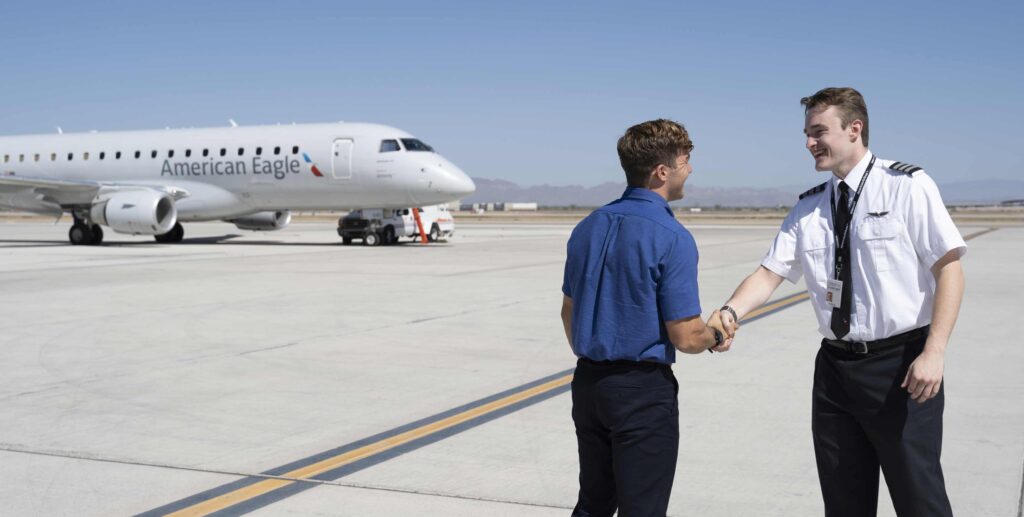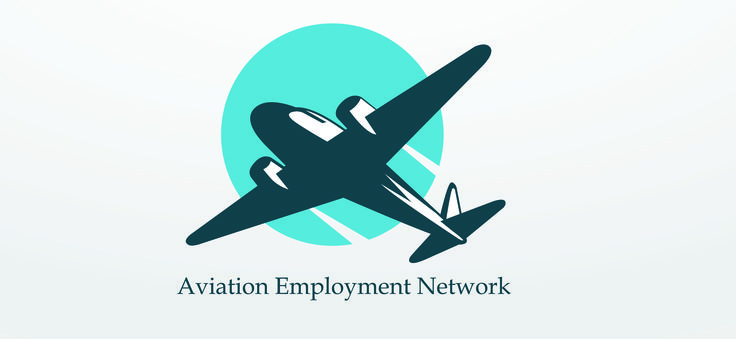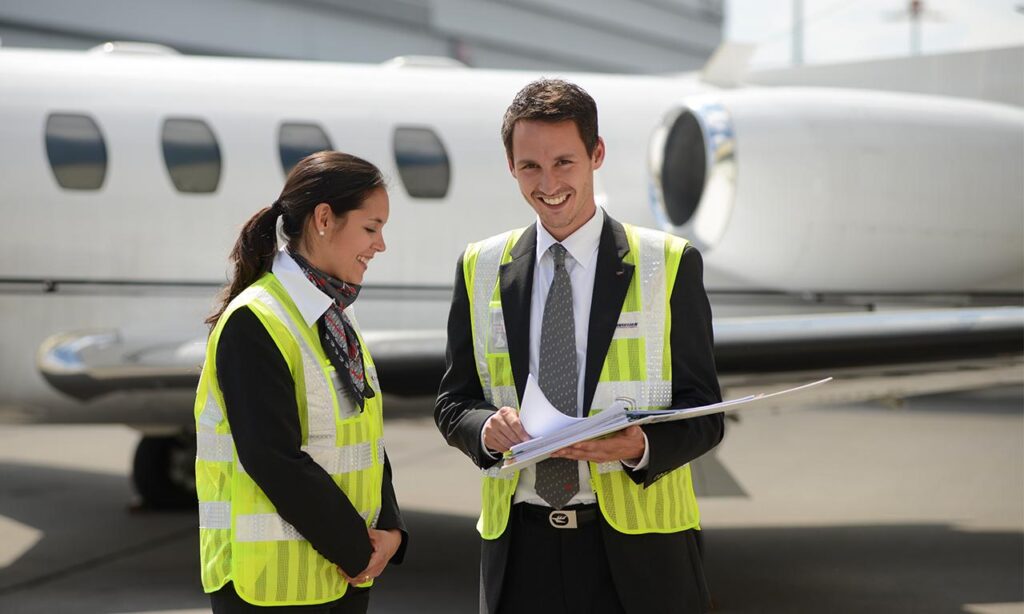Introduction
The aviation industry is a cornerstone of global transportation, commerce, and tourism. As air travel continues to grow, so does the demand for qualified professionals in various aviation roles. Whether you are dreaming of becoming a pilot, managing airport operations, maintaining aircraft, or ensuring passenger safety, aviation offers dynamic and rewarding career opportunities.
This comprehensive guide explores the wide range of aviation jobs available today, detailing the responsibilities, educational requirements, salaries, and long-term career prospects associated with each role. If you’re considering a career in aviation, this guide will help you understand the possibilities and make an informed decision.
Why Choose a Career in Aviation?
High Demand and Job Security
The aviation industry is expanding, with millions of flights operating annually and increasing passenger volumes. This growth has created a strong demand for skilled professionals across all areas of aviation.
Competitive Salaries
Aviation jobs, particularly technical and leadership roles, are known for their lucrative pay. Pilots, air traffic controllers, and engineers are among the top earners in the industry.
Opportunities for Global Travel
Many aviation roles, especially for flight crew, offer the opportunity to travel internationally, experience different cultures, and enjoy a lifestyle that few other professions provide.
Advancement and Growth
The industry offers structured career progression, allowing employees to advance to higher positions through experience, training, and certifications.
Major Categories of Aviation Jobs

Aviation jobs can be broadly categorized into the following sectors:
- Flight Operations
- Aircraft Maintenance and Engineering
- Air Traffic Management
- Airport Operations
- Customer Service and Ground Handling
- Aviation Management
- Aviation Safety and Security
Let’s explore each of these in detail.
1. Pilot and Flight Crew Careers
Commercial Pilot
A commercial pilot is responsible for flying passenger or cargo aircraft. It requires a commercial pilot license and extensive training.
Key Responsibilities:
- Operating aircraft safely and efficiently
- Communicating with air traffic control
- Monitoring weather conditions
- Ensuring passenger comfort and safety
Qualifications:
- Commercial Pilot License (CPL)
- Flight training from an accredited flight school
- Strong understanding of aviation regulations
Average Salary:
- Entry-level: $60,000 – $100,000 per year
- Senior pilots: $150,000 – $300,000 per year
Flight Attendant
Flight attendants are responsible for ensuring the safety and comfort of passengers during flights.
Key Responsibilities:
- Conducting safety checks and briefings
- Assisting passengers during emergencies
- Providing in-flight services
Qualifications:
- High school diploma or equivalent
- Airline-specific training
- Strong communication and interpersonal skills
Average Salary:
- $35,000 – $75,000 per year
2. Aircraft Maintenance and Engineering
Aircraft Maintenance Technician (AMT)
AMTs inspect, repair, and maintain aircraft to ensure safety and regulatory compliance.
Key Responsibilities:
- Conducting routine maintenance checks
- Diagnosing and repairing mechanical issues
- Maintaining detailed maintenance records
Qualifications:
- FAA or country-specific certification
- Associate degree or technical training in aviation maintenance
Average Salary:
- $50,000 – $90,000 per year
Aerospace Engineer
Aerospace engineers design and test aircraft and aviation systems.
Key Responsibilities:
- Designing aircraft components
- Testing performance and safety
- Collaborating with other engineers and technicians
Qualifications:
- Bachelor’s degree in aerospace or mechanical engineering
- Licensing (PE) for certain roles
Average Salary:
- $80,000 – $130,000 per year
3. Air Traffic Management
Air Traffic Controller
Air traffic controllers coordinate the movement of aircraft to ensure safe distances between them.
Key Responsibilities:
- Monitoring and directing aircraft in the sky and on runways
- Communicating with pilots and ground staff
- Managing flight plans and airspace safety
Qualifications:
- Specialized training and certification
- Strong decision-making skills and attention to detail
Average Salary:
- $90,000 – $150,000 per year
4. Airport Operations and Ground Staff
Airport Operations Manager
This role involves managing airport logistics, security, and customer service.
Key Responsibilities:
- Overseeing daily airport activities
- Ensuring regulatory compliance
- Managing staff and airport vendors
Qualifications:
- Bachelor’s degree in aviation management or a related field
- Experience in airport operations
Average Salary:
- $70,000 – $120,000 per year
Ground Handling Staff
Ground staff are responsible for loading luggage, guiding aircraft on the ground, and preparing planes for departure.
Key Responsibilities:
- Baggage handling
- Aircraft towing and positioning
- Servicing aircraft
Qualifications:
- High school diploma
- On-the-job training provided
Average Salary:
- $25,000 – $50,000 per year

5. Aviation Customer Service and Hospitality
Ticketing and Check-in Agents
These agents help passengers with reservations, check-ins, and boarding processes.
Key Responsibilities:
- Issuing boarding passes and flight tickets
- Handling customer inquiries and complaints
- Coordinating with flight crews and security
Qualifications:
- High school diploma or higher
- Customer service experience
Average Salary:
- $30,000 – $45,000 per year
6. Aviation Management and Administration
Airline Manager
Airline managers oversee airline operations, from scheduling to staffing.
Key Responsibilities:
- Planning flight routes and schedules
- Managing budgets and revenues
- Ensuring compliance with aviation regulations
Qualifications:
- Degree in aviation, business, or management
- Strong leadership and analytical skills
Average Salary:
- $90,000 – $150,000 per year
7. Aviation Safety and Security
Aviation Safety Inspector
These professionals ensure that aircraft operations comply with safety standards and regulations.
Key Responsibilities:
- Conducting safety audits and inspections
- Reviewing maintenance procedures
- Investigating incidents and accidents
Qualifications:
- Degree in aviation safety or engineering
- Industry experience and certifications
Average Salary:
- $70,000 – $110,000 per year
Educational Pathways for Aviation Careers
There are various ways to enter the aviation industry:
- Diploma Courses: For roles such as flight attendant, ticketing agent, or ground staff.
- Bachelor’s Degrees: For careers in engineering, airport management, and air traffic control.
- Flight Training Schools: For aspiring pilots and commercial aviators.
- Technical Certifications: For aircraft maintenance and safety roles.
Recommended programs include:
- Bachelor of Science in Aviation
- Bachelor of Aerospace Engineering
- Airline Transport Pilot License (ATPL)
- Certified Aviation Manager (CAM)
Tips for Building a Successful Aviation Career
Gain Relevant Experience
Start with internships, apprenticeships, or entry-level roles to gain hands-on experience.
Obtain Required Certifications
Different roles require specific licenses or certifications, such as a CPL for pilots or AME licenses for engineers.
Stay Updated with Industry Trends
Aviation is a highly regulated and fast-evolving industry. Stay informed about new technologies, safety protocols, and global regulations.
Networking and Professional Development
Join industry organizations, attend aviation expos, and engage with peers to build a strong professional network.

Future Trends in Aviation Jobs
- Sustainable Aviation: Growth in eco-friendly aircraft and green aviation practices.
- AI and Automation: Use of AI in flight operations, traffic management, and predictive maintenance.
- Urban Air Mobility: Emerging careers in drone operations and flying taxis.
The industry is also seeing a rise in demand for cybersecurity experts, aviation data analysts, and tech specialists.
Conclusion
The world of aviation is vast, diverse, and full of exciting career paths. From flying planes to designing cutting-edge technology, ensuring passenger comfort, or managing large airport hubs, aviation jobs cater to a wide range of interests and skills.
As global connectivity and air travel continue to increase, so will the demand for talented aviation professionals. With the right education, training, and passion for the field, you can build a rewarding and high-flying career in aviation.
Whether you’re just beginning your journey or considering a career change, now is an excellent time to explore the world of aviation jobs.
